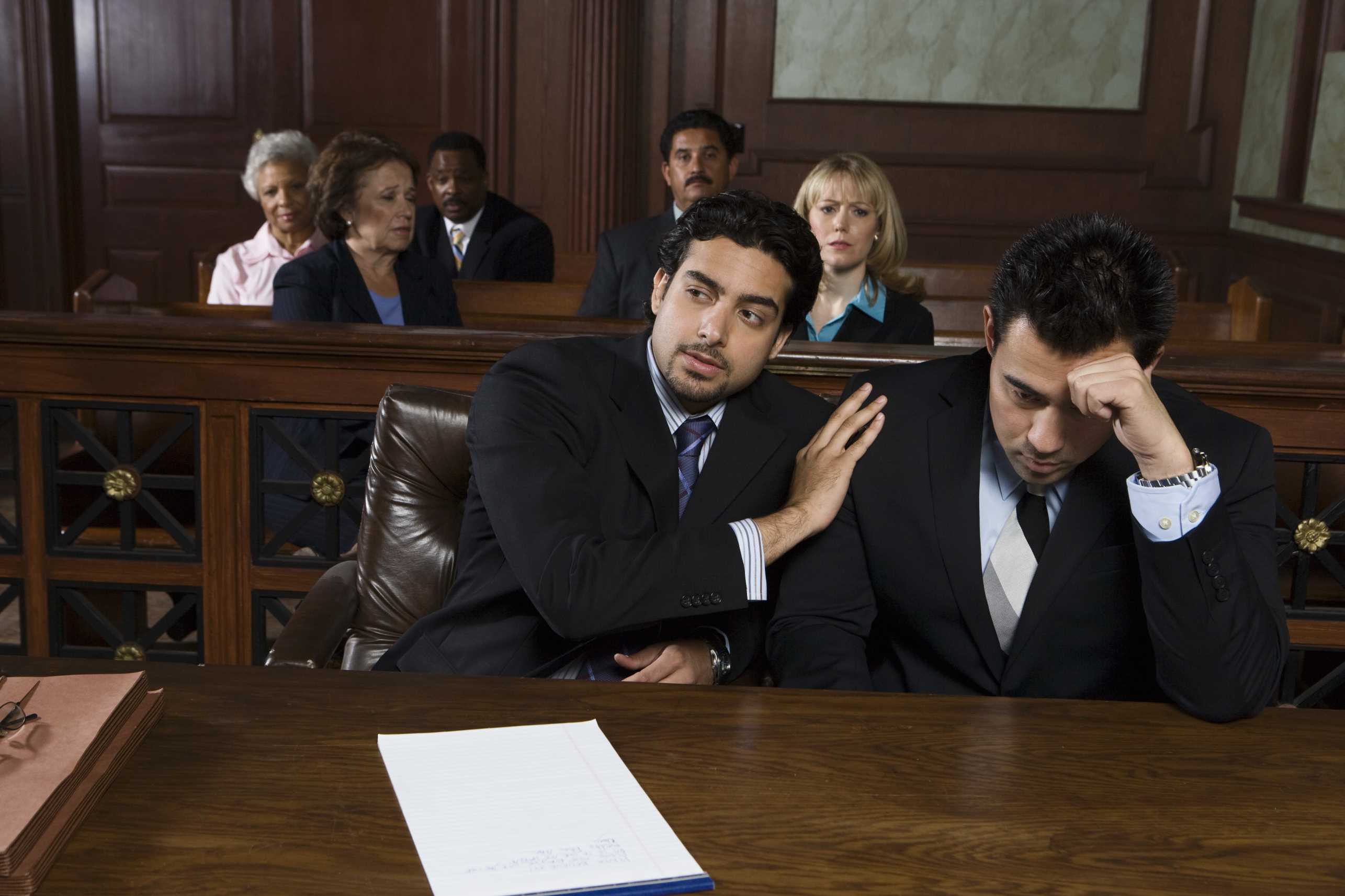
No one is an island; we are who we are because of the influence of others, and they are who they are because of our influence. This network of connections define what it is to be a human. The connections are all about sharing; shared symbolism, shared history, shared ideals, shared knowledge, shared interests. When a group of people shares enough together, we call that group a community.
There are some people who say are sense of community is dwindling, and that may be true, especially in urban environments. There’s no doubt that our sense of community is changing; we used to commune based mostly on location, and to some extent shared religious belief, though what religion you were a part of was based to a large degree on where you lived, as well. More and more, we find ourselves communing online, finding people who like the same things as we do, or people who are facing the same problems we are. We create shared symbolism in the form of memes, and other shared cultural practices. Even then, though, many people don’t find themselves actively participating in the community, and that can cause problems.
To have a sense of community, researchers McMillan and Chavis postulate there are four elements required. The first is membership in the community, which is further broken down into five elements, including boundaries and a shared set of symbols. Next, there must be influence, by the community on the individual and vice versa. This is where we might find problems in our online world; the individual may often feel like they are not shaping the community, because they don’t actively participate in posting. That may lead to a feeling of being othered. There needs to be a feeling of integration, that needs are being fulfilled by being a part of the community. Finally, there must be shared emotional connection.
There are, without a doubt, many different legal communities. There are large communities; everyone who practises under common law might be considered a legal community. They get smaller yet; everyone who practices law in North America, or in the United States. Those groups can be divided, as well; every attorney in the United States, or every attorney in Ohio, or every attorney in Cleveland. These communities might exclude other members of the legal community; judges, police officers, and others. They might be expanded to include those people; everyone who frequents a particular courthouse.
The concept of communities defined by physical boundaries has not left us, by any means, and this is where experienced attorneys for local counsel come in handy. While you might feel a connection to all other attorneys, local counsel will know the court staff, the judge, the defendant, their mother, all of their high school friends...you get the idea. This type of community is smaller, and has more shared history, so finding an attorney who is already a big part of their story makes your case stronger.